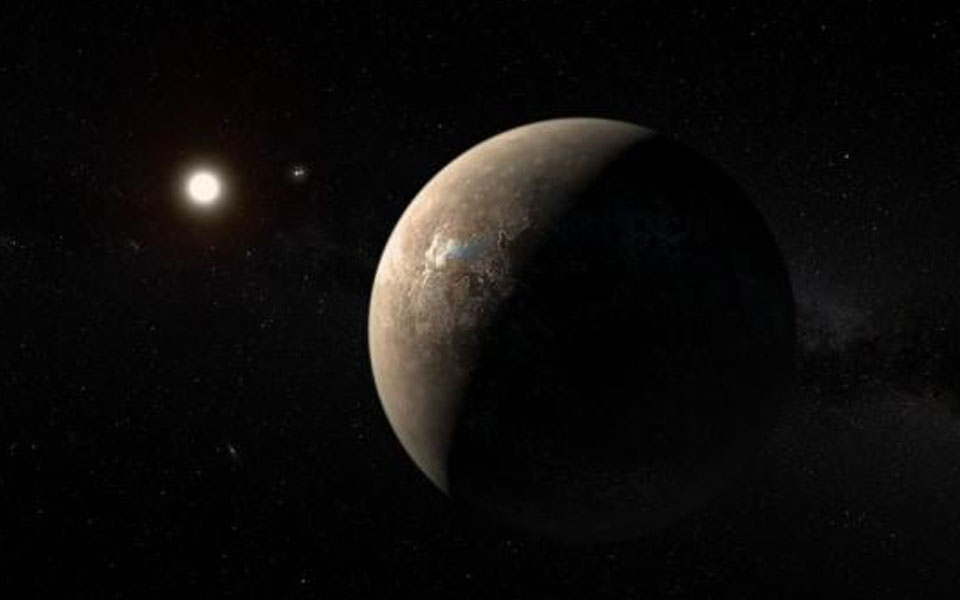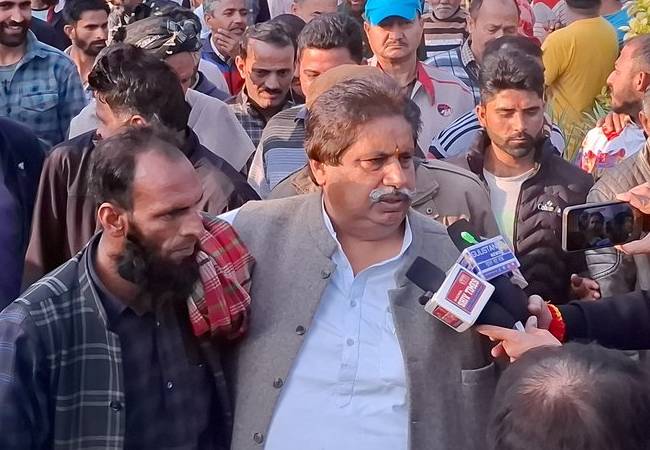Washington, June 23 : Scientists have discovered nearly 80 new planetary candidates, amid some 50,000 stars, in a record two weeks after the data from the K2 mission's -- the follow-up mission to NASA's Kepler Space Telescope -- was available.
The discovery was based on the analysis of data from K2's 16th and 17th observing campaigns, known as C16 and C17.
It typically takes several months to a year for scientists to analyse graphs of light intensity called "lightcurves" from the tens of thousands of stars to find exoplanet candidates.
Using existing tools, the researchers at Massachusetts Institute of Technology (MIT) identified the planetary candidates in just two weeks.
The rapid search through "lightcurves" from each of the 50,000 stars showed 30 "highest-quality" planet candidates whose periodic signatures are especially likely to be caused by transiting planets, 48 more ambiguous events that may be either planets or false positives, 164 eclipsing binaries, and 231 other regularly periodic variable sources, the team reported in the paper published in The Astronomical Journal.
Such a fast planet-search enables astronomers to follow up with ground-based telescopes much sooner than they otherwise would, giving them a chance to catch a glimpse of planetary candidates before the Earth passes by that particular patch of sky on its way around the sun, said Ian Crossfield, Assistant Professor at MIT.
Such speed will also be a necessity when scientists start receiving data from NASA's Transiting Exoplanet Survey Satellite (TESS) which is designed to monitor nearby stars in 30-day swaths and will ultimately cover nearly the entire sky.
Further, the scientists also reported the discovery of a likely planet that orbits the star HD 73344 which would be the brightest planet host ever discovered by the K2 mission.
The brightness of this star, combined with the speed with which its planetary candidate was identified, can help astronomers quickly zero in on even more specific features of this system, Crossfield said.
"We found one of the most exciting planets that K2 has found in its entire mission, and we did it more rapidly than any effort has done before," he added.
Let the Truth be known. If you read VB and like VB, please be a VB Supporter and Help us deliver the Truth to one and all.
Ranchi (PTI): A 25-year-old man, who works as a butcher, allegedly strangled to death his live-in partner and chopped her body into 40 to 50 pieces in a forested area in Jharkhand’s Khunti district, police said on Wednesday.
The accused, identified as Naresh Bhengra, was arrested.
The matter came to light after around a fortnight after the killing when a stray dog was found with human body parts near Jordag village in Jariagarh police station on November 24.
Bhengra was in a live-in relationship with the deceased, a 24-year-old woman also from Khunti district, in Tamil Nadu for the past couple of years. Sometime back, he returned to Jharkhand, got married to another woman without telling his partner anything and went back to the southern state without his wife to join her.
"The brutal incident occurred on November 8 when they reached Khunti as the accused who had married another woman did not wish to take her home. Instead, he took her to a forest near his house at Jordag village in Jariagarh police station and chopped the body into pieces. The man has been arrested," Khunti Superintendent of Police Aman Kumar told PTI.
Inspector Ashok Singh who investigated the case said the man worked in a butcher shop in Tamil Nadu and was expert in slicing chicken.
“He admitted chopping the body parts of the woman into 40 to 50 pieces before leaving those in the forest for wild animals to feast on. The police recovered several parts on November 24 after a dog in the area was seen with a hand," Singh told PTI.
Singh said that the woman, who was unaware of his marriage, pressured him to return to Khunti. After reaching Ranchi, they boarded a train on November 24 and headed to the man's village.
"Under a plan, the man took her to Khunti in an autorickshaw near his home and asked her to wait. He returned with sharp weapons and strangulated her with her dupatta after raping her. He then cut the body into 40 to 50 pieces and left for his home to live with his wife," Singh said.
The woman, however, had informed her mother that she had boarded a train and would be living with her partner, the police officer said.
Following the recovery of body parts, a bag was also found in the forest with the murdered woman's belongings including her Aadhaar card. The mother of the woman was called at the spot and she identified her daughter's belongings.
"The mother suspected the man behind the crime who after being nabbed by the police admitted to chopping the woman into pieces," the official added.
The incident has sent shockwaves among people in the region, with the Shraddha Walker murder case of 2022 still fresh in their memory.
Walker was killed by her live-in partner who chopped her body into pieces before dumping them in the jungle in South Delhi’s Mehrauli.





